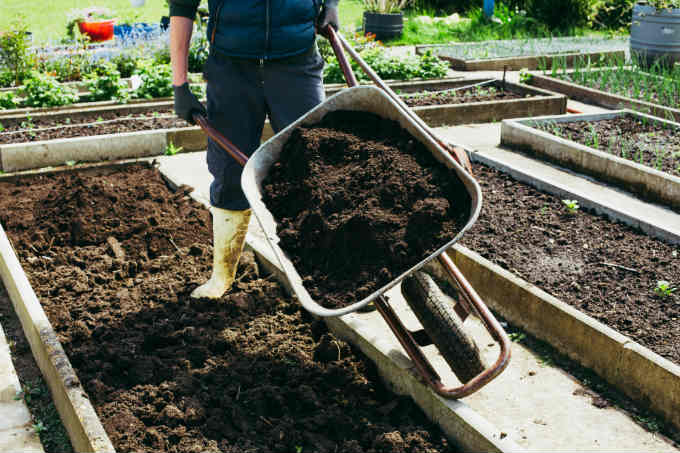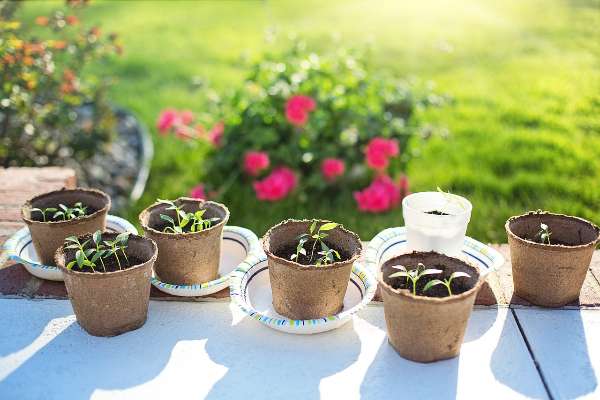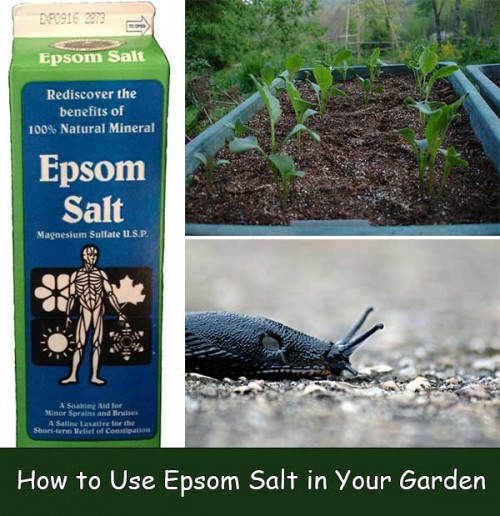How to Use Epsom Salt in Your Garden
Make sure to like Living Green and Frugally on Facebook, Shop at amazon to help support my site and explore our PINTEREST BOARDS for innovative ways you can become self-sufficient.
Gardening enthusiasts are always on the lookout for natural and effective methods to boost plant health and maximize yields. Among the myriad of options available, Epsom salt stands out as a versatile and affordable solution for nurturing gardens. Comprised of magnesium and sulfate, Epsom salt offers numerous benefits for plant growth, soil enrichment, and pest management.
In this detailed guide, we will explore the various applications of Epsom salt in your garden, providing specific instructions on when, where, and how to use it for optimal results.
Understanding Epsom Salt:
Epsom salt, scientifically known as magnesium sulfate, is a naturally occurring mineral compound renowned for its therapeutic and horticultural properties. Magnesium plays a crucial role in chlorophyll synthesis, photosynthesis, and enzyme activation, while sulfate aids in nutrient absorption and plant metabolism.
By incorporating Epsom salt into your gardening routine, you can address nutrient deficiencies, improve soil structure, and foster healthier, more robust plants.
Using Epsom Salt in Your Garden:
Soil Amendment:
- Before planting, assess your soil’s magnesium levels using a soil test kit. If magnesium deficiency is detected, apply Epsom salt to the soil at a rate of 1-2 tablespoons per square meter.
- Mix the Epsom salt thoroughly into the soil to ensure even distribution of nutrients. This practice promotes strong root development, lush foliage, and vibrant blooms.

Fertilizer Booster:
- To provide a nutrient boost to your plants, dissolve Epsom salt in water to create a homemade fertilizer solution. Use a ratio of 1 tablespoon of Epsom salt per gallon of water.
- Apply the Epsom salt solution to the base of your plants or directly onto the soil every 2-4 weeks during the growing season. Avoid over-application, as excessive magnesium can lead to nutrient imbalances.
Foliar Spray:
- Address nutrient deficiencies and enhance plant vitality by applying Epsom salt as a foliar spray. Dissolve 2 tablespoons of Epsom salt in 1 gallon of water.
- Spray the solution onto plant foliage early in the morning or late in the afternoon to minimize leaf burn. Repeat this application every 2-4 weeks for optimal results.
Seed Germination:
- Improve seed germination rates by soaking seeds in a solution of Epsom salt and water. Use a ratio of 1-2 tablespoons of Epsom salt per gallon of water.
- Allow the seeds to soak for 6-8 hours before planting them in the soil. The magnesium content in the Epsom salt solution enhances seed hydration and encourages faster germination.

Pest Control:
- Use Epsom salt as a natural deterrent against garden pests such as slugs and snails. Sprinkle a generous amount of Epsom salt around the base of plants or affected areas.
- Reapply the Epsom salt as needed, especially after rain or watering, to maintain its effectiveness in repelling pests without harming beneficial organisms.
Conclusion: By incorporating Epsom salt into your gardening practices, you can provide your plants with essential nutrients, improve soil fertility, and protect against common pests. Whether used as a soil amendment, fertilizer booster, foliar spray, seed germinator, or pest repellent, Epsom salt offers a safe, cost-effective, and environmentally friendly solution for enhancing garden health and productivity. By following the recommended application methods and dosage guidelines outlined in this guide, you can harness the full potential of Epsom salt and cultivate a thriving garden ecosystem that flourishes with vitality and abundance.
